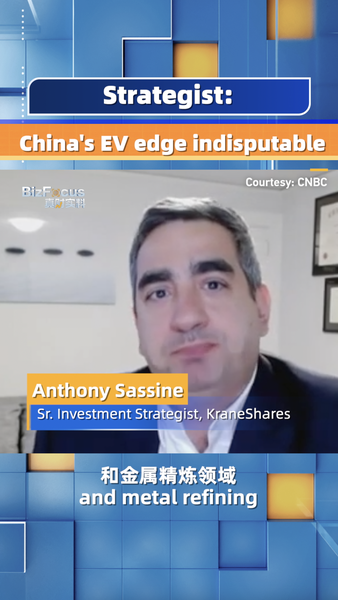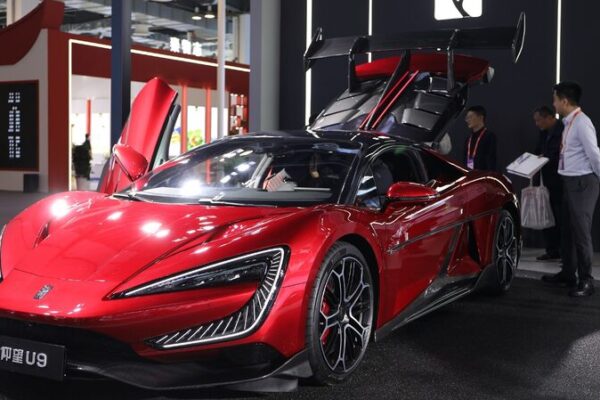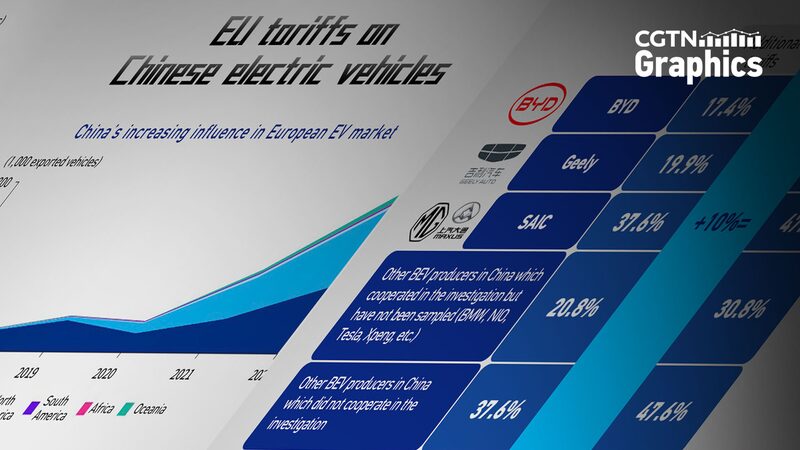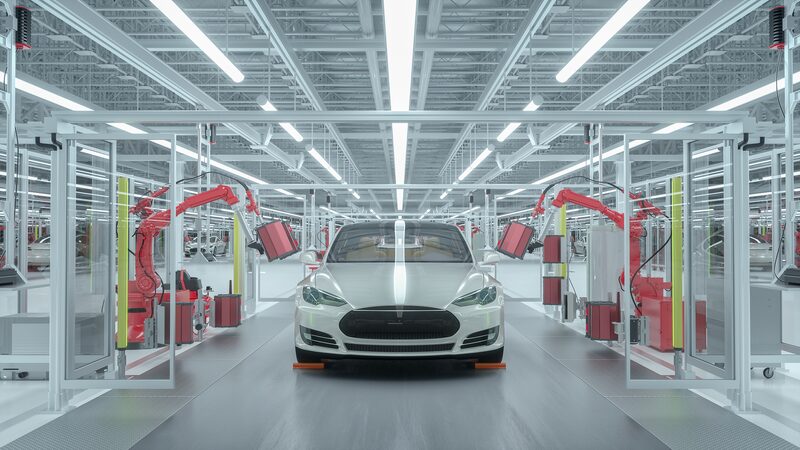
China’s Electric Vehicle Market Soars with Record NEV Registrations in H1 2024
China set a new record by registering 4.397 million new energy vehicles in H1 2024, pushing total NEVs to 24.72 million and solidifying EV dominance.
My Global News: Voices of a New Era
🌍 Stay Ahead, Stay Global 🚀

China set a new record by registering 4.397 million new energy vehicles in H1 2024, pushing total NEVs to 24.72 million and solidifying EV dominance.

The Chinese mainland’s significant investments in EVs, batteries, and metal refining have solidified its position as a global leader in the electric vehicle industry, according to a KraneShares strategist.

Join CGTN host Mike Walter on an electrifying journey through the world of Chinese electric vehicles, showcasing supercars, autonomous drives, and cutting-edge innovations.

China’s advancements in renewable energy debunk ‘overcapacity’ claims, highlighting its crucial role in global climate goals and sustainable development.

The European Commission has announced new tariffs on Chinese electric vehicles, adding to existing duties to balance trade and protect local markets.

Germany’s automotive sector criticizes EU’s new tariffs on Chinese electric vehicles, arguing they hinder competitiveness and environmental goals.

Indonesia launches Southeast Asia’s first electric vehicle battery plant with a $1 billion investment, aiming to dominate the global EV market using its abundant natural resources.

Gomes Noord, a leading Dutch auto dealer, is optimistic about the growth of Chinese new energy vehicles in Europe, citing technological trust and expansion plans.

China and Germany hold their first high-level dialogue on climate change and green transition, aiming to boost cooperation and combat global warming together.

China and the EU agree to consult on the EU’s anti-subsidy investigation into Chinese electric vehicles, aiming to ease trade tensions.